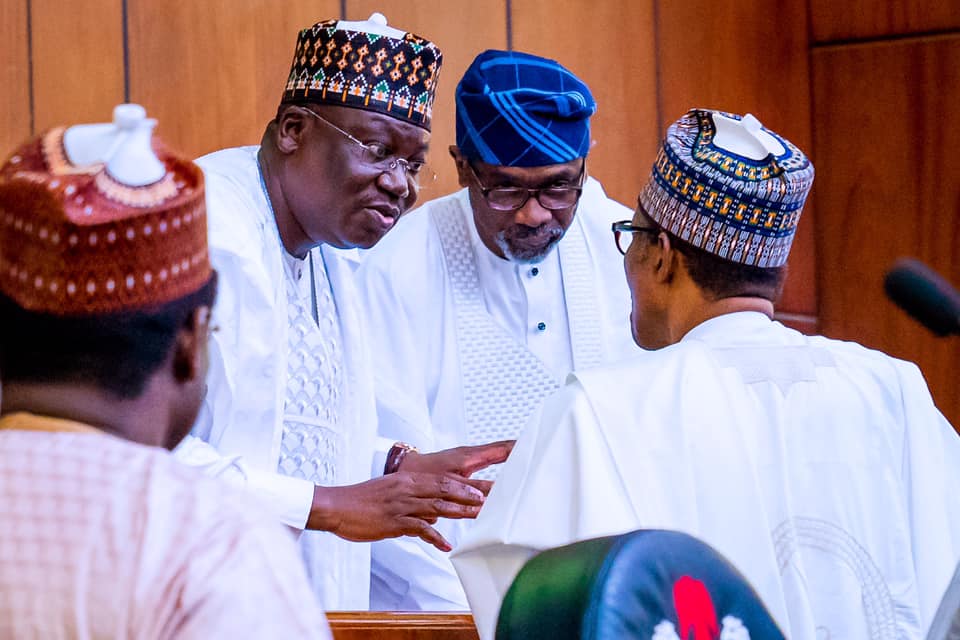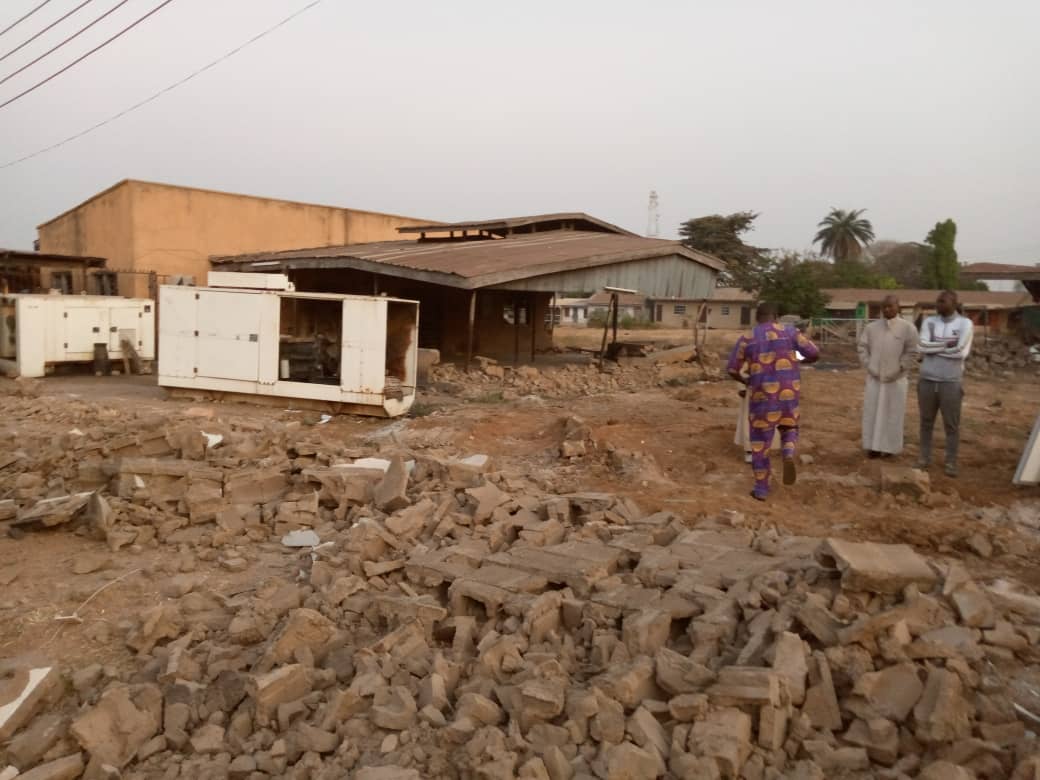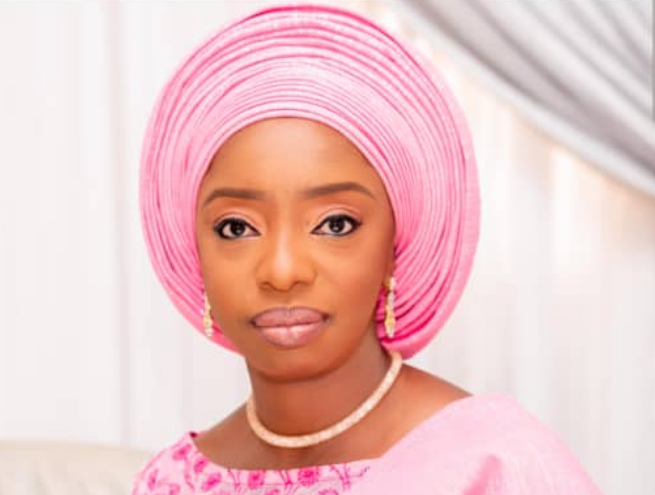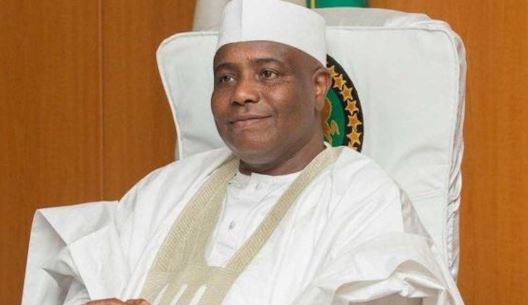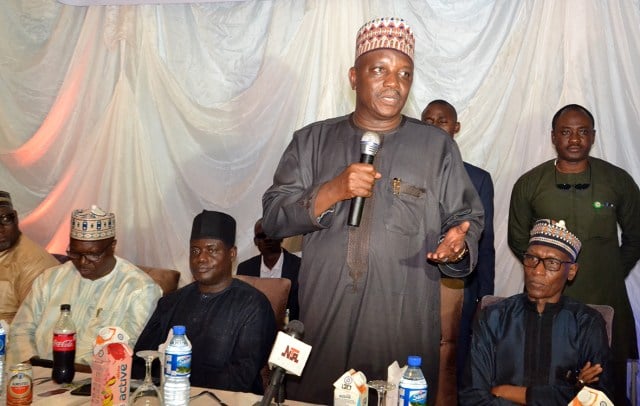BY NUR AL-ZUBAIR YUSUF
To be qualified as a democratic nation, a country must have a system that operates on a tripod: the Legislature, the Executive and the Judiciary. Interestingly, what makes a democratic system tick and confirms its legitimacy is the existence of the Legislature, otherwise known as the National Assembly, comprising the Senate and the House of Representatives, in the case of Nigeria. These two chambers, made up of 109 senators and 360 representatives, serve as the melting pot of Nigeria’s democracy.
While the three arms have their functions cut out for them by the constitution, they are not expected to operate as standalone bodies as they exist to complement one another. Nobody expects them to operate as foes.
In the US, a democracy we often like to copy from, the three arms of government exist for the same reasons as Nigeria, but do they all operate in isolation? No.
Advertisement
The issue of independence of the Legislature has occupied the public space in this part of the world lately. Having a country that works for all requires synergy and collaboration between, especially, the Legislature and the Executive, which will ultimately bring about good governance for the country.
This, so far, is what Nigerians have manifestly witnessed in the about seven months of the 9th Assembly where a good working relationship between the two arms is yielding good results for the country, much to the chagrin of some.
Perhaps, what some people expected from the onset was the cat and dog relationship that existed between the 8th Assembly and the Executive, where there were clear cases of sabotage on the part of some arrowheads in the Legislature, who were supposed to be part of the same government.
Advertisement
When Sen David Mark served as Senate President, while current Sokoto State governor, Aminu Waziri Tambuwal, was Speaker in the 7th Assembly, the then Senate was hailed for working in tandem with the Executive headed by former president Goodluck Jonathan. But Tambuwal’s House was pilloried for being ‘anti-Jonathan.’
This happened when PDP controlled both chambers with clear majority. What judgment did Nigerians pass on the 7th National Assembly? Were people not in love with David Mark’s Senate, and detested Tambuwal’s House for working against the same government it belonged to? In the end, whom did the sour relationship help?
If not for the love of country and the collaboration between the two arms, who would have thought that the 9th National Assembly would pass the 2020 Budget in record time to bring the budget cycle to January to December as envisaged by the constitution?
Are we not happy that 2020 is already positioned to deliver more roads projects, school rehabilitation, equipping of hospitals and social safety net against the old tradition of late budget passage?
Advertisement
Was it not for the same good working relationship that the Executive arm brought the popular Finance Bill, which the National Assembly worked on without compromising legislative scrutiny and passed? With that in place, the country stands to now generate more funds to finance her annual budget. Are we all not happy about this?
What about the Deep Offshore Agreement Bill? Was its passage by the National Assembly done for personal gains? Who stands to benefit from it? Is it not to boost the country’s revenue generation? Is that not enough for us all to applaud the 9th Assembly? Did that affect the independence of the Legislature?
Before now, when it was time for review, oil companies would buy their way to stagnate returns and royalties due to Nigeria, whilst their profits were on the increase. This is a clear case of economic sabotage that the 9th Assembly truncated despite heavy lobbying by the cabals in the petroleum sector.
Within six months, these critical bills were not only considered and passed by the National Assembly, but they were also assented to by the President. This is unlike what was the case in the past. Should they have been delayed just to suit the mindset of some people? Did all of that suggest that the Legislature is obsequious to the Executive?
Advertisement
The home truth is that the National Assembly can have a good understanding with the Executive and do its job without compromise. Only recently, the Senate rejected a nominee for the board of the Niger Delta Development Commission (NDDC) sent by President Muhammadu Buhari. Was that in tandem with what the Executive had wanted?
Again, the same Senate rejected the nomination of a nominee for the position of Resident Electoral Commissioner (REC) of the Independent National Electoral Commission (INEC). What was the reason? It was discovered that the nominee is a member of the ruling All Progressives Congress (APC), against the provision of the constitution, which stipulates that occupants of such office must be apolitical. This was done despite the APC having a clear majority in the senate. If not for the independence of the Legislature, couldn’t they have confirmed him?
Advertisement
Lest we forget, Speaker Femi Gbajabiamila on Friday, September 20, berated the country’s service chiefs for sending representatives to attend a security meeting with the leadership of the House. There and then, the Speaker declared that all the service chiefs must appear in person for the meeting the following Monday, and they all did.
If the two chambers did not wish to assert their independence, would they have done all of that?
Advertisement
For us here, it is when we see a clash between the two arms that will ultimately bring the government to a standstill that we begin to clap and say “Oh, this National Assembly is independent!” But in truth, that is not what independence of the Legislature entails.
What the independence of the Legislature entails is for the lawmakers to perform their functions without interference or direction by any other arm. It doesn’t mean that when the Executive brings a proposal that requires the approval of the Legislature, it should be rejected because the Legislature wants to be seen to be independent.
Advertisement
Before Nigerians pass any judgment on the 9th Assembly, I think we should give the lawmakers some time. They have only spent a little over six months, and even within that time, they have already made their mark.
Certainly, if there is a reason for the Legislature to disagree with the Executive, it will do that without fear or favour. But the lawmakers will not deliberately make a mountain out of a molehill or cry wolf where there is none all in the name of independence.
When the two arms work harmoniously, that would have a positive effect on the workings of the Judiciary. In the wake of the recent court invasion allegedly by some security agents to arrest Omoyele Sowore, it was the House under the leadership of Speaker Femi Gbajabiamila that immediately condemned the act and passed a resolution to investigate the matter.
Thus, the House, and by extension, the National Assembly, has always risen in defence of the Judiciary.
In this year 2020, we hope to see more collaboration and understanding between the Legislature and the Executive, which will bring good governance to Nigerians. Let it be known that it doesn’t mean the Legislature will pander to the whims and caprices of the Executive.
Nur sent this piece from Abuja.
Views expressed by contributors are strictly personal and not of TheCable.
Add a comment
